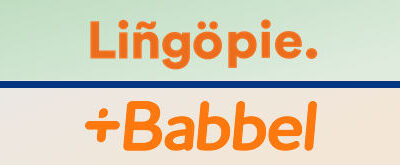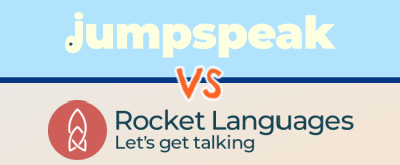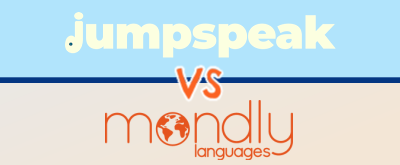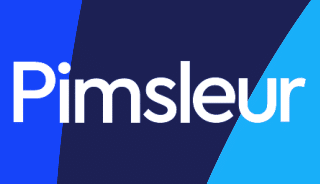
Free 7-Day Trial
Sign Up Today
|
$20/mo |
Pimsleur is a language learning app that focuses on audio-based lessons, leveraging the proven Pimsleur Method to teach conversational skills through graduated interval recall and real-life dialogue practice. |
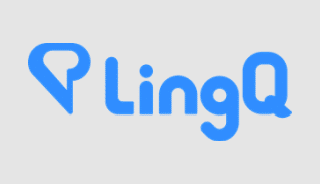
Learn Today
Check Current Offers
|
$9-$15/mo |
LingQ is a language learning app that immerses users in authentic, real-world content like articles, podcasts, and videos, using an interactive system to build vocabulary and comprehension through contextual learning and spaced repetition. |
Choosing the right language learning app can significantly impact your journey to fluency, and LingQ and Pimsleur offer two distinct approaches to mastering a new language. This article compares these popular programs, highlighting their unique methods, features, and benefits to help you determine which best suits your learning style.
Editor’s Choice
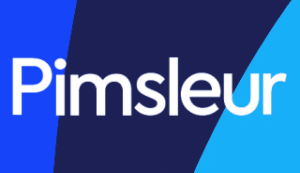
Pimsleur
- 50+ Languages
- Money Back Guarantee
Pros
- Organized lesson plan and progression
- Impressive audio exercises that feature fluent speakers
- Accurate speech recognition software (Voice Coach)
- Helpful mix of practice drills
- Ability to share account with family and friends
Cons
- Slightly more expensive than LingQ
- Limited use of video and pictures within lessons
Reasons To Choose Pimsleur Over LingQ
Let’s begin by discussing the major reasons to choose Pimsleur to help you learn a second (or third) language, such as Russian, Italian, or French.
Organized Lesson Progression
Pimsleur offers a clear, structured curriculum, while LingQ provides a diverse library of materials like books, podcasts, and articles for self-guided exploration.
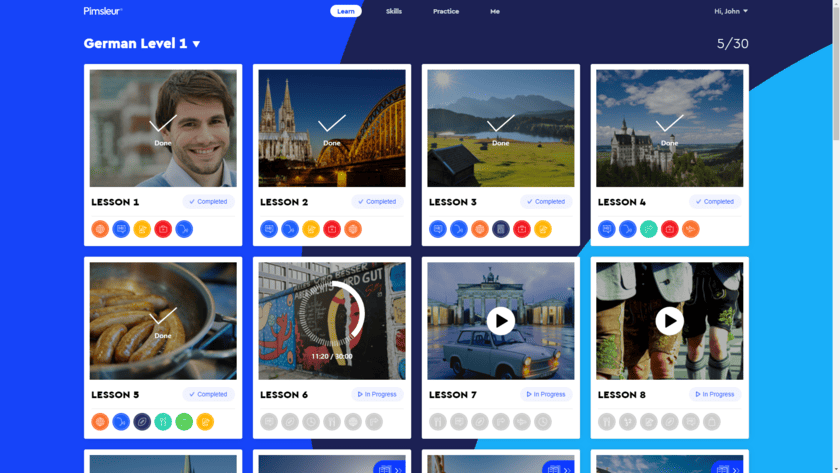
Pimsleur’s structured lessons present two significant benefits. First, a systematic approach to language learning ensures steady progress without the risk of feeling overwhelmed.
Second, well-defined objectives and goals within each lesson help maintain consistency and motivation.
For learners who thrive on clear guidance, Pimsleur’s organized framework may be a better fit than LingQ’s more flexible, user-driven experience.
Develop Conversational Skills
Our team found that Pimsleur stands out for its ability to quickly develop conversational skills, thanks to its emphasis on frequent, intensive verbal practice (similar to Rocket Languages). Engaging in consistent listening and speaking exercises is a highly effective way to build confidence and fluency in a new language.
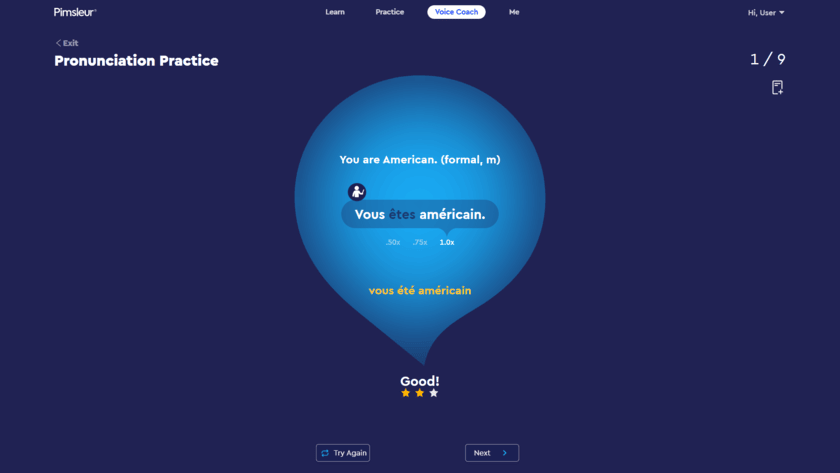
While LingQ focuses primarily on listening comprehension, it offers fewer opportunities to practice speaking. In contrast, Pimsleur’s audio-based lessons and Voice Coach feature provide daily exposure to realistic conversations and help refine pronunciation using speech recognition technology. This makes Pimsleur an excellent choice for learners prioritizing spoken communication skills.
Flexible Lesson Format
Our team noted a key difference in lesson format between Pimsleur and LingQ. Pimsleur lessons are longer—typically around an hour compared to LingQ’s quick 5-minute sessions—but the 30-minute audio component of Pimsleur’s lessons provides a distinct benefit: it doesn’t require constant screen time.
With Pimsleur’s audio-based format, you can easily integrate learning into your daily routine, whether you’re lifting weights, doing household chores, or commuting. This hands-free flexibility is a major advantage, further enhanced by Pimsleur’s dedicated driving mode, which allows for safe and convenient learning on the go.
Diverse Mix Of Practice Drills
Following the audio segment of each Pimsleur lesson, learners strengthen their skills through a range of interactive drills and exercises, similar to a classroom session complemented by homework. These activities include reading practice, digital flashcards, quizzes, pronunciation exercises, and speed games, offering a well-rounded approach to language mastery (same story with Babbel).
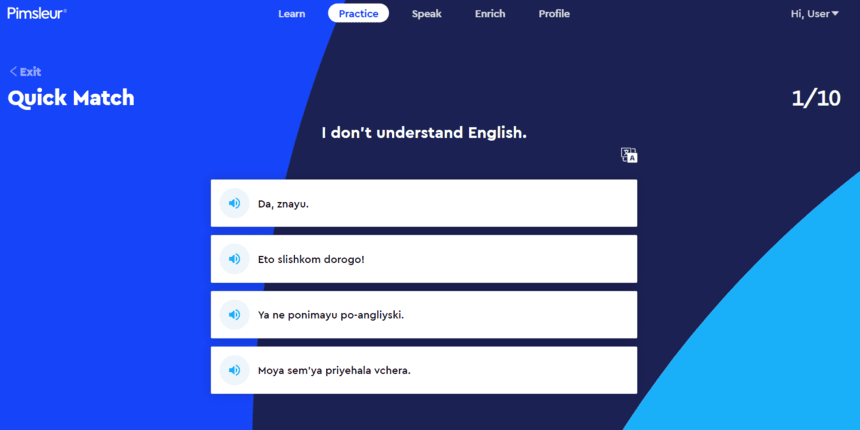
In comparison, LingQ lacks this level of variety in its reinforcement tools, focusing more on passive learning through content consumption rather than active skill-building exercises.
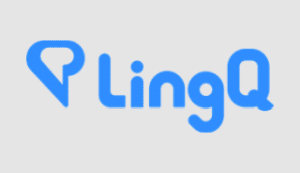
LingQ
- 40+ Languages
- Free Version Available
Pros
- Slightly cheaper than Pimsleur
- Large content library (podcasts, articles, books, etc)
- Ability to create your own custom lessons
Cons
- Free version is quite limited
- Program lacks a structured plan
- Limited grammar instruction
Reasons To Choose LingQ Over Pimsleur
Now that we’ve discussed Pimsleur in detail, it’s only fair we cover the reasons to choose LingQ for your language learning journey.
More Affordable Than Pimsleur
LingQ offers a free version of their app, but its functionality is quite restricted. To unlock full access, users are encouraged to choose from their Premium plans, which cost between $9 and $15 per month, depending on the subscription length (6, 12, or 24 months).
In comparison, Pimsleur’s main subscription plan is priced at approximately $20 per month. While both platforms are similarly priced, LingQ is technically the more budget-friendly option. For those looking for an even more cost-effective alternative to Pimsleur, Babbel and Mondly might be worth exploring.
Large Content Library
LingQ converts a wide variety of written and audio materials into interactive language learning lessons. Users can either import their own content or explore an extensive library featuring community-contributed resources, such as books, news articles, podcasts, YouTube videos, and more (somewhat similar to Lingopie).
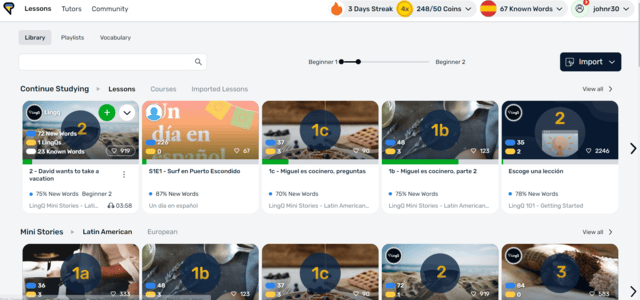
The platform primarily presents these resources as written texts paired with audio in the target language, without translations into English. One of LingQ’s most impressive features is its vast content library, offering an incredible selection of materials. From news articles and books to cartoons and podcasts, the platform provides endless options.
Additionally, LingQ allows users to filter content by topics like sports, technology, food, science, history, and travel, enabling them to focus on subjects that genuinely interest them (like Yabla). This personalized approach enhances learning by making lessons more engaging and relevant, helping users grasp real-world language usage and retain vocabulary more effectively.
When you’re interested in the material, it’s easier to stay focused and connect new knowledge to what you already know.
Upload Your Own Content
One of LingQ’s standout features is the ability to import your own content and transform it into customized lessons. The process is straightforward—simply copy and paste text or upload a file, and LingQ will create a lesson by generating a transcript and adapting the content, whether it’s an article, book, podcast, or other media, to suit your learning needs.
This feature highlights the importance of engaging with relevant material, as studying topics you enjoy boosts both focus and learning effectiveness. Familiar content allows you to concentrate on mastering the language itself rather than deciphering the meaning of unfamiliar topics.
Additionally, using content you already know provides valuable context for new vocabulary and phrases, making them easier to remember and apply correctly in real-world situations.
Fun Learning Experience
Our team appreciates how LingQ incorporates gamification to make the learning process more engaging (like Duolingo). By participating in activities such as reading, listening, and expanding vocabulary, users earn points and coins, which help track their progress through various levels and provide a sense of accomplishment.
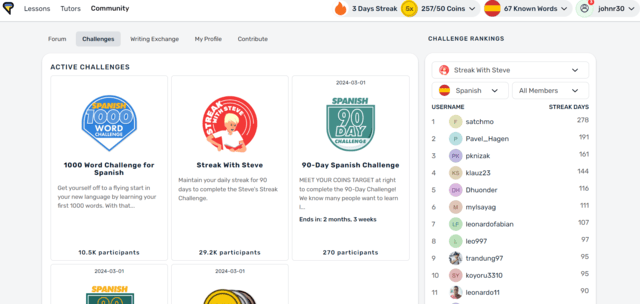
LingQ also encourages motivation by tracking streaks, offering challenges and competitions, and featuring leaderboards to compare progress with others. This competitive element enhances focus and adds an enjoyable dimension to the learning experience. Overall, these gamified features boost confidence and foster a sense of achievement, making the learning journey both fun and rewarding.
Verdict: Which Language App Is Best?
When comparing LingQ and Pimsleur for language learning, our team finds Pimsleur to be the stronger option for those looking for a well-rounded and structured approach. Pimsleur’s organized curriculum, coupled with its detailed audio lessons and reinforcement exercises, creates a robust learning system that takes learners through each language stage systematically.
The addition of the Voice Coach tool, which helps fine-tune pronunciation, along with other supplementary features, provides a comprehensive and immersive learning experience.
In contrast, LingQ seems more like a vast collection of content designed to help learners acquire vocabulary, without offering a cohesive strategy or a clearly defined path to fluency. While LingQ is valuable for learners who enjoy exploring a wide range of materials and are looking for flexibility, we believe it works best as a complementary tool rather than the primary method of learning.
If you are serious about mastering a new language and prefer a more structured, guided approach, our team strongly recommends Pimsleur over LingQ.
The key difference between Pimsleur and LingQ lies in their learning approaches: Pimsleur offers a structured curriculum with audio-based lessons and reinforcement exercises, while LingQ provides a flexible platform centered around consuming various content like articles, podcasts, and books.
The choice between LingQ and Pimsleur depends on your learning preferences: Pimsleur is better for those who want a structured, guided approach to language learning with a focus on speaking and pronunciation. LingQ, on the other hand, is ideal for learners who enjoy self-directed study and want to immerse themselves in a variety of content to expand their vocabulary and comprehension.



